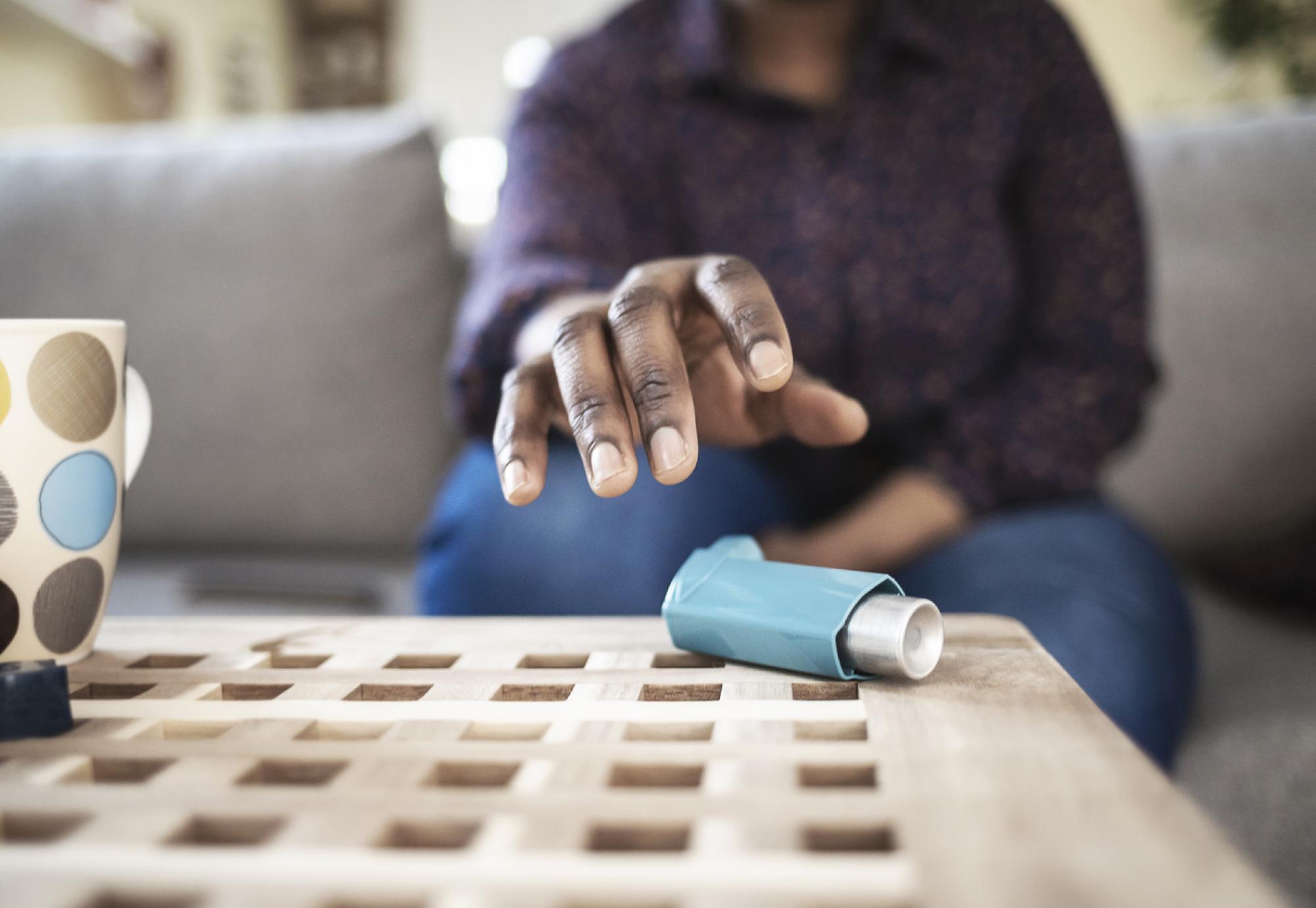An innovative recycling scheme is helping NHS Wales reduce its carbon emissions as the health service continues its journey towards net zero.
Swansea Bay University Health Board has piloted a scheme that educates and encourages patients to return their used or unwanted inhalers back to their pharmacy. The programme is being trialled in eight pharmacies in the Upper Valleys Cluster, which serves a population of more than 30,000 people.
The Welsh Government-funded initiative involves the collection of inhalers so the associated hydrofluorocarbon gases can be recaptured, cleansed and ultimately used in refrigeration with both the aluminium and plastic casing also being recycled.
A previous study by the Upper Valleys Cluster has shown that 90% of inhalers were ending up at landfill sites, where the hydrofluorocarbon gases can leak and contribute to global warming.
The aim of the project therefore is to recycle at least 80% of all inhalers prescribed in the region by 2025, with research indicating that 97.5% of people would be willing to return their inhaler in the programme’s area.
Lead Pharmacist for the Upper Valleys Cluster, Niki Watts, said: “I ran a survey to find out why patients weren’t dropping their inhalers to the pharmacy because just two were returned in a few months.
“The general consensus was they thought they would be recycled if disposed of in their household recycling, which isn’t the case. So, patients did not realise that their method was having a negative impact on the environment. We educated patients on this, and it has proved very effective in what we’re trying to achieve with recycling inhalers.”
NHS Wales’ Chief Executive, Judith Paget, added: “As one of the largest public sector emitters of CO2e, the NHS must act now to reduce its environmental impact and be an exemplar in taking steps to protect the health and wellbeing of future generations.
“This inhaler recycling scheme is exactly the sort of initiative the NHS Wales Decarbonisation Strategic Delivery Plan wants to champion and scale across Wales. It is changing behaviour and helping Wales reduce its carbon emissions. It is encouraging to see through the survey how many people realise we all have a role to play in the decarbonisation of our health service.



















